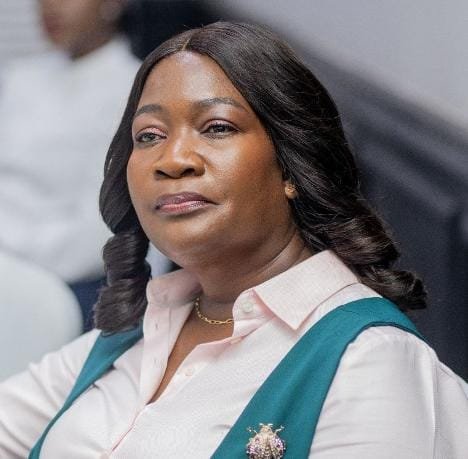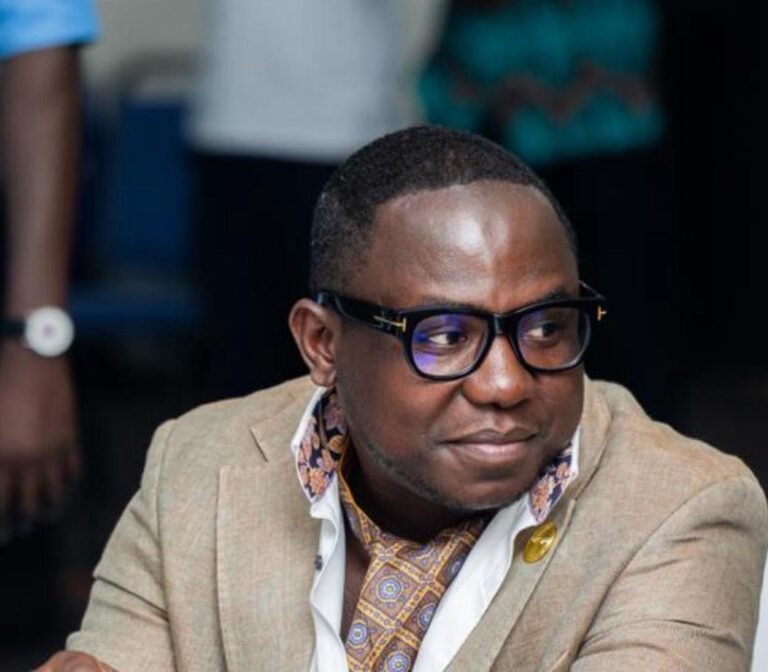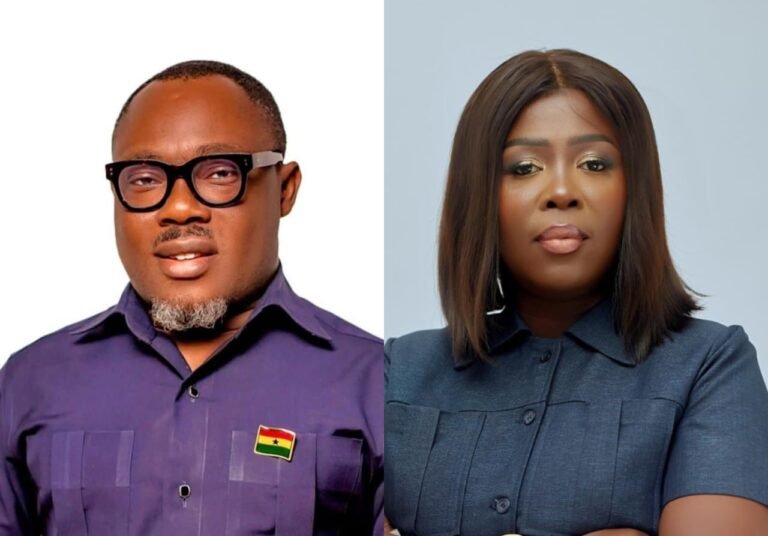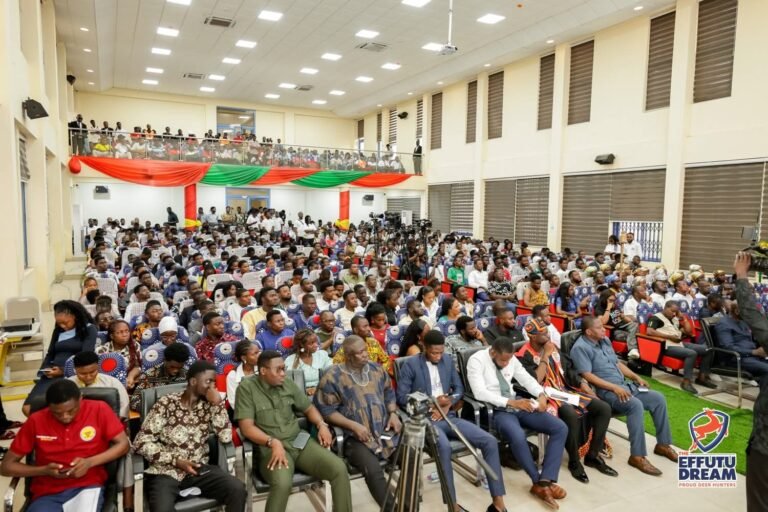
Professor Jeffrey Haynes
By Professor Jeffrey Haynes
Ghanaians who are lesbian, gay, bisexual, or transgender (LGBTQ+) suffer widespread discrimination and abuse both in public and in family settings. Among African countries, Ghana is by no means unusual: same-sex partnerships are legal in only about half of the continent’s 54 states. Many African countries outlaw homosexuality and, as in Ghana, many LGBTQ+ people live in real fear of attacks, imprisonment or even death.
Although some prominent Ghanaians have publicly called for an end to violence based on sexual orientation and gender identity, Ghana’s religious and traditional leaders, plus the country’s parliamentarians, expressed support for the “The Human Sexual Rights and Family Values Bill, 2024”. Commonly known as the ‘Anti-LGBT bill’, it was unanimously approved by all 276 members of parliament on 28 February 2024.
The then president, Nana Akufo-Addo, failed to sign the private members’ bill into law before his second term of office expired on 6 January 2025, citing legal challenges. President Mahama has indicated that he prefers a state-sponsored bill to ensure broader support and consultation: “I do think that we should have a conversation on it again so that all of us, if we decide to move that bill forward, move it forward with a consensus”.
Many, including the current writer, thought that the bill might die a ‘quiet death’ in the new parliament. The bill’s main protagonist, Samuel Nartey George, MP for Ningo-Prampram Constituency since 2016, was appointed by President Mahama as Minister of Communications in the Ministry of Communication, Digital Technology and Innovation. I thought that Mr George’s new role might encourage him to drop or tone down his vocal support for anti-LGBT legislation. During the last administration, Mr George’s vocal support for the bill was directed at Mr Akufo-Addo, to undermine the popularity of the New Patriotic Party (NPP), and enhance the appeal of the New Democratic Congress (NDC).
The NPP was of course thrashed at the polls. The NDC won both presidency and parliament in a landslide. Soon after, on 3 March 2025, the original LGBT bill, sponsored by 10 MPs, led by Mr George, was reintroduced into parliament. The Speaker of Parliament, Rt. Hon. Alban Sumana Kingsford Bagbin, announced that the bill would receive a first reading during the second meeting of the Ninth Parliament.
Speaker Bagbin stated that he is determined to see the anti-LGBTQ+ bill passed into law this year: “It [homosexuality] is ungodly, and I will not tolerate any jokes on this matter”. Mr George asserts that the people of Ghana “still strongly support the bill, and still think it is required in our contemporary life for the protection of our family values”. He makes reference to the Trump administration’s “crackdown” on programmes for diversity, equity and inclusion (DEI), as well as the April 2025 ruling by the UK’s Supreme Court court that British equality law defines a woman as an individual who was born biologically female. The conclusion he draws is that “it takes 40 years for a country to realize the effects of homosexuality on it and that’s where the US and the UK have gotten to. They are beginning to realize the damage it has done to their society. Ghana will not fall prey that”. In fact, neither of these issues have anything to do with LGBTQ+; Mr George’s belief that they are relevant to Ghana’s LGBTQ+ position is wrong. Neither the UK or the USA under Trump have rowed back on their support for LGBTQ+ rights.
Ghana’s parliament is now to begin deliberations on the bill, which remains one of the most polarising pieces of any potential legislation in the country’s recent political history. The bill’s reintroduction will inevitably lead to renewed discussions on human rights, constitutional freedoms, and Ghana’s cultural values.
The prolonged debate about the bill has done nothing to deal with the concerns of Ghana’s LGBTQ+ community. Gay sex is already punishable by up to three years in prison. May 17 was the International Day Against Homophobia, Biphobia, Interphobia and Transphobia, an annual event to raise awareness about discrimination and violence faced by LGBTQ+ people. This year’s theme is “No one left behind: equality, freedom and justice for all”.
Supporters of the bill claim the legislation would help preserve what they consider to be Ghanaian culture and family values. The Center for Democratic Development Ghana believes the only way Ghana can end the long conflict over LGBTQ+ rights is to come to the conclusion that any legislation against the sexuality of a minority group is a repression of their rights. A Human Rights Watch researcher, Larissa Kojoué, agrees: “The anti-LGBT rights bill is inconsistent with Ghana’s long-standing tradition of peace, tolerance, and hospitality and flies in the face of the country’s international human rights obligations”.
Although rarely reported in the media, members of Ghana’s LGBTQ+ community live under serious threat of attack, resulting in life-threatening injuries in some cases. According to Kojoué, “Such a law would not only further erode the rule of law in Ghana, but could also lead to further gratuitous violence against LGBT people and their allies”.
Ghana is at a crossroads: It can deepen repression of a sexual minority by enacting a new anti-LGBTQ+ law which would deny its human rights. Or, the country can make it clear, once and for all, that such a law would be unacceptable in a liberal democracy.
The writer is an Emeritus Professor of Politics at London Metropolitan University, UK.







